Inclusive Fitness: Empowering Every Body

You’ve got to see it to be it. It’s a phrase that is used liberally when we talk about increasing diversity, inclusivity and equality.
With the completion of the Paralympics demonstrating that disability is no barrier to sporting achievement, and the recent Olympics showcasing the way that sport can inspire everyone regardless of their background, it’s easy to think that the sport and physical activity sector has it sorted when it comes to inclusivity.
At the elite end of the spectrum, in many sports, there is certainly a range of role models from different backgrounds, and while this is hugely inspirational for some, the fact remains that a significant portion of the population are physically inactive and that figure spikes in diverse communities and most populations with protected characteristics.
The latest Active Lives report from Sport England shows that 25.7% of adults (11.9 million) did less than 30 minutes a week of activity, with a further 10.9% (5.1 million) doing between 30 and 150 minutes a week. The measure of an active life is undertaking an average of 150+ minutes of activity each week. Based on latest data, 63.4% of the population (29.5 million) are active. People in lower socio-economic groups (National Statistics Socio-economic Classification NS-SEC 6-8) are less likely to be active (53% in comparison to 73% in NS-SEC 1-2). Activity is less common for people with a disability or long-term health condition with only 48% doing more than 150 minutes per week. Analysis of participation based on ethnic background, shows that for people who are Chinese, Black and Asian the rate is between 55% and 57% in comparison to 71% for Mixed ethnicity, 67% for White other and 65% for White British.
There are a range of reasons for this, one being that the sector workforce isn’t always representative of the community it serves. If people don’t see activity being delivered by professionals who are representative of and understand them, they are less likely to engage. For example, the sector’s latest Workforce Insights Report produced by Lightcast, a leading authority on jobs, skills, workforce and the labour market dynamics shows that 87% of those working in the sport and physical activity sector are of White British ethnicity in comparison to 79% across other sectors. It also shows that 13% of the sector’s workforce has a disability compared with 16% across all occupations. The report recommendations include:
“Prioritise recruiting and supporting a more diverse workforce. For the sector to reach more people and broader audiences, a more diverse workforce reflective of the general population is essential. The shift towards greater demand of general skills is a positive sign that strides are being made, there is more work required.”
This is why targeted skills development work, in these communities and demographics, to support those working in the sector or aspiring to work in the sector, is so vital.
One initiative, Retrain to Retain, funded by Sport England and managed by the Chartered Institute for the Management of Sport and Physical Activity (CIMSPA), has delivered significantly on making learning and development available to professionals working in areas where there is the greatest need for greater levels of activity.
The project, which was created to help with the sector’s recovery post-pandemic, made learning and development support available to individuals and employers. Of almost 3,500 individuals that were supported, crucially 68% were living in areas of economic disadvantage. In addition, 79% were working with participants who had disabilities or long-term health conditions or lived in diverse communities.
Targeting skills development support for those living and working in more deprived communities will have a real impact because those professionals are servicing communities and potential participants who are the least active. And it’s vital for retaining professionals who understand these communities and participant groups.
Take Joao, a Personal Trainer who was supported to upskill and now uses what he learnt to offer people on low incomes access to exercise and nutritional coaching. Or Instructor Karen who was able to access training to become a specialist in supporting people with osteoarthritis to take part in activity to improve their health and reduce their pain.
Andrew, a group exercise instructor who has completed a Level 4 course focused on Obesity and Diabetes told us,
“I like to specialise in working with groups and individuals who struggle to engage in physical activity due to various conditions. For instance, I currently work with people with learning difficulties and physical disabilities. Doing the Level 4 Obesity and Diabetes course has given me the potential opportunity to work with the local NHS trust and to introduce physical activity to many who would not usually engage in such activities. It has also really helped with my existing clients, giving me new ideas and options. I have a number of clients who have lost weight as a result of the improved training.”
And other organisations and charities are working with sport and physical activity professionals to support participants with specific needs.
Sense, an established national charity centred around supporting people with complex disabilities, help individuals to get the most out of life through a wide range of services. The charity’s Sense Active arm have delivered over 7,000 sport and physical activity sessions and provide a range of resources to help sports and physical activity professionals make their services more inclusive and accessible.
People with complex disabilities make up one of the least active portions of society, with 51% of people with three or more impairments being inactive. With specialist care needs often a key factor in ability to participate, it is crucial that the sector workforce is trained appropriately to help participants with disabilities to get the most out of sport and physical activity in a safe and accessible way. Sense has launch a ‘Complex Disabilities in Sport’ workshop which is enabling more professionals and those looking to start a career to develop much needed skills.
There are lots of stories like these where professionals representing and supporting communities that are the least active, but which would benefit most from physical activity for their health, wellbeing and economic stability.
There are three elements to growing this impact:
Firstly, we need to attract people from diverse backgrounds to work in the sector. They understand the issues and challenges facing different communities and are well placed to engage different populations. As the professional body, CIMSPA is working to build awareness of the strong career and professional development opportunities that the sector offers and how people can build professional status.
Organisations like Coach Core deliver apprenticeships to young people facing the greatest barriers to opportunity. To date, they have helped almost 1000 apprentices start meaningful careers and re-engage with learning. Many of those apprentices have gone on to work in their own communities increasing activity levels of people who wouldn’t usually participate because they understand the issues that local people face.
Secondly, we need to ensure that training and learning provision is available to enable professionals to build the skills that they need to support participant groups who need specialist support. We have a suite of professional standards specifically focused on populations including Working with Culturally and Ethnically Diverse Communities, Working with Disabled People, Working with Inactive People, Working with People with Long Term Conditions, Working with Women and Girls and Working with Antenatal and Postnatal Clients. Learning and education providers are creating curriculum and courses which map to these standards, enabling professionals and new entrants to the sector to build their skills and knowledge.
A range of education providers are developing learning provision to support professionals to deliver to a diverse participant base and National Governing Bodies of Sport (NGBs) are also on board. For example British Triathlon have developed the ‘Swim, Bike, Run Community Activator’ course which is aligned to the Working with Inactive People professional standard.
The course focuses on building relationships with members of the community that have no previous experience of cycling or swimming to enable them to start getting active safely and sustainably.
Thirdly, we need to keep professionals up to speed on the latest ideas and innovations and ‘soft skills’ that will help them engage with the hardest to reach populations. Ongoing CPD to understand, for instance, how different demographics engage with technology and how this can be used to reach different audiences. Equally, understanding cultures and perceptions and how these can be harnessed for engagement rather than being a barrier.
UK Coaching for example offer courses that are specifically designed to help coaches and instructors develop their knowledge and confidence to work with participants with diverse needs. Their Coaching Blind and Partially Sighted People modules, developed in conjunction with British Blind Sport, helps coaches to explore practical solutions to barriers to participation, learn about adaptations, and how to communicate effectively to support participants living with sight loss.
And all of this is as important, if not more so, than the high profile inspiration that we are seeing in Paris and other elite sport competitions.
Equipping people to become, and develop as, sport and physical activity professionals, who will make the high-performance sporting feats seen on screen become more relatable and attainable for more people.
You do need to see it to be it, but you also need to start in an accessible, realistic way. That’s where highly skilled, relatable professionals are able to help people to the starting line.
By Natasha Eason, Associate Director – Education, the Chartered Institute for the Management of Sport and Physical Activity
Natasha Eason is responsible for educational development for the sport and physical activity sector’s professional body. Natasha leads CIMSPAs work to ensure that learning and education provision is high-quality and meets the sector’s professional standards. Natasha was previously a Lecturer in Sport and Fitness at a further education college and is a trustee for a safeguarding charity.



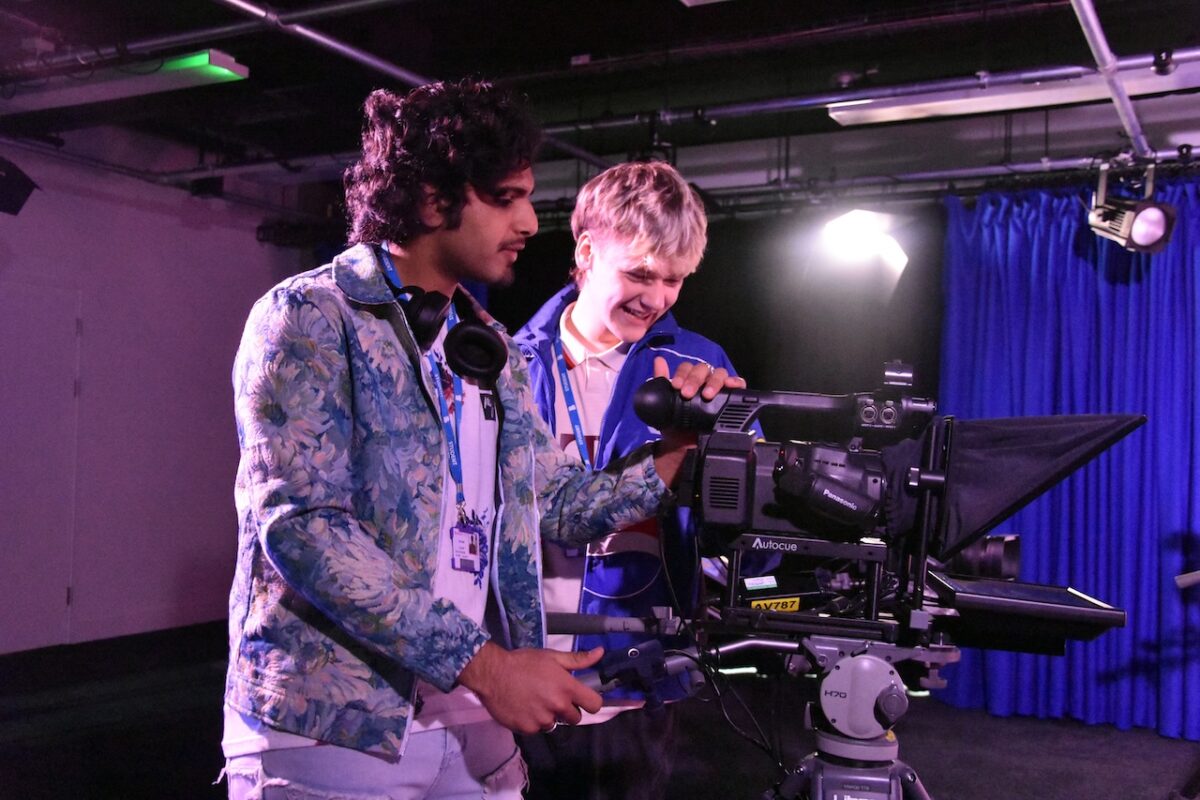
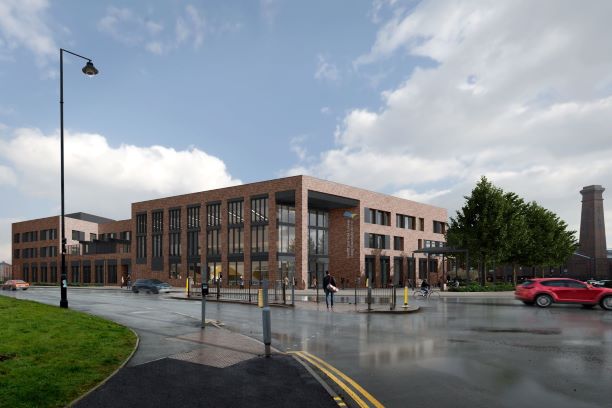
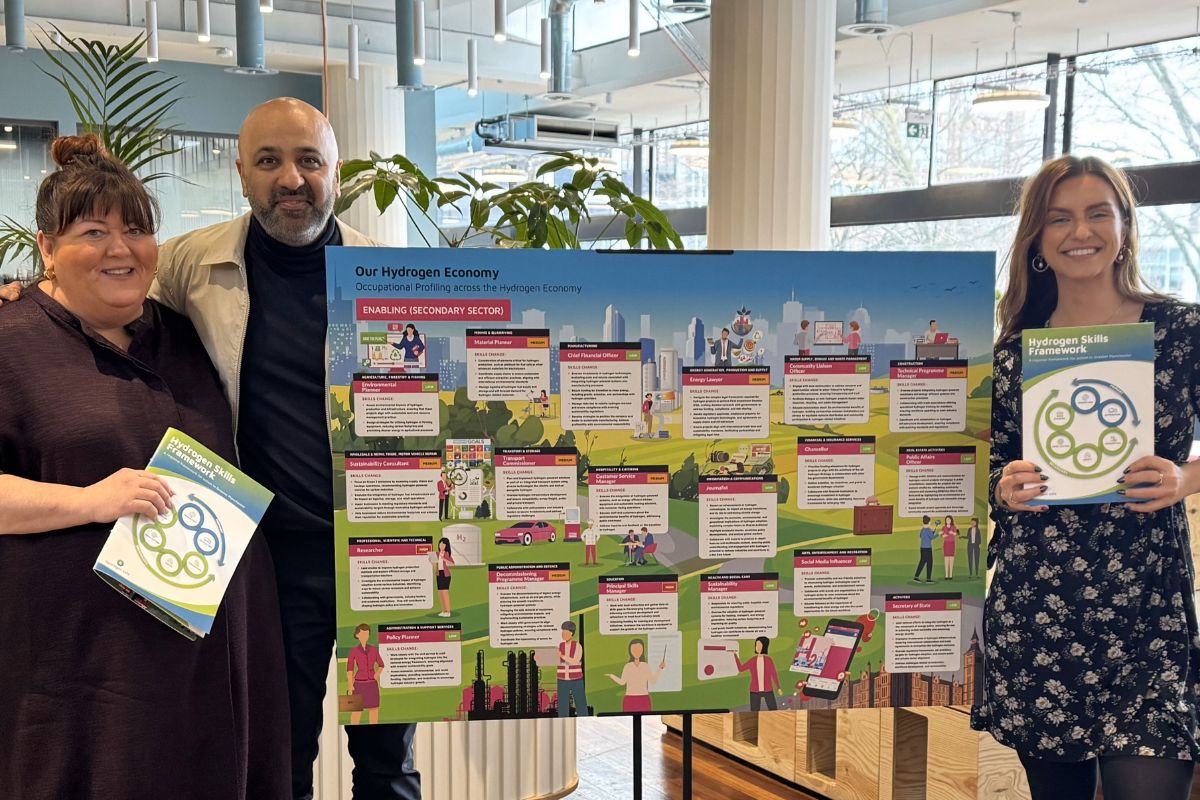

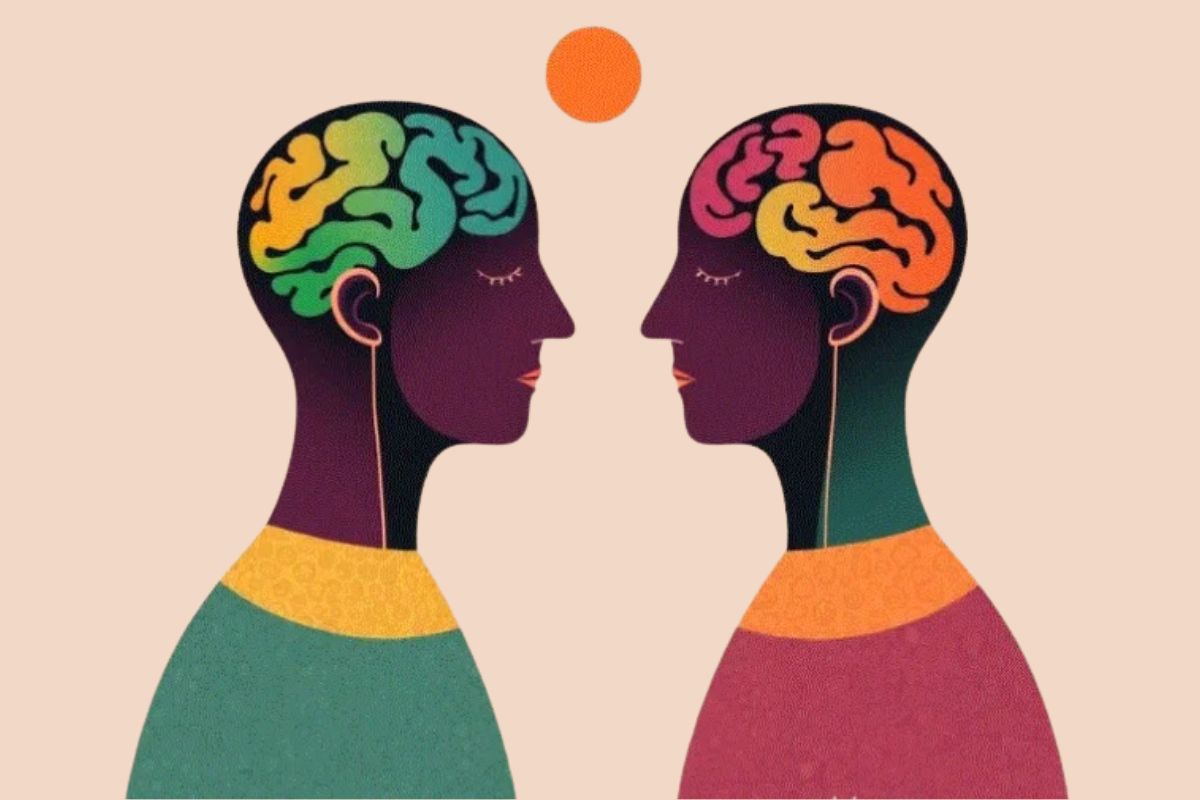
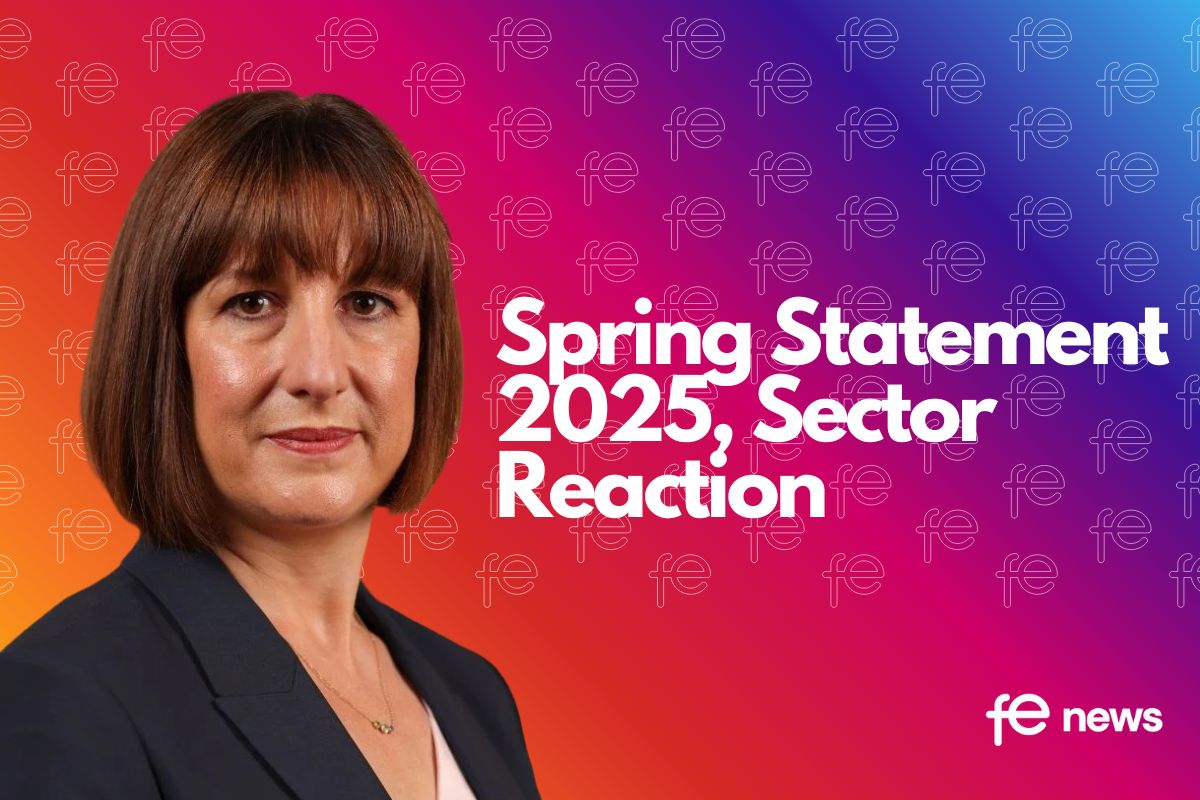
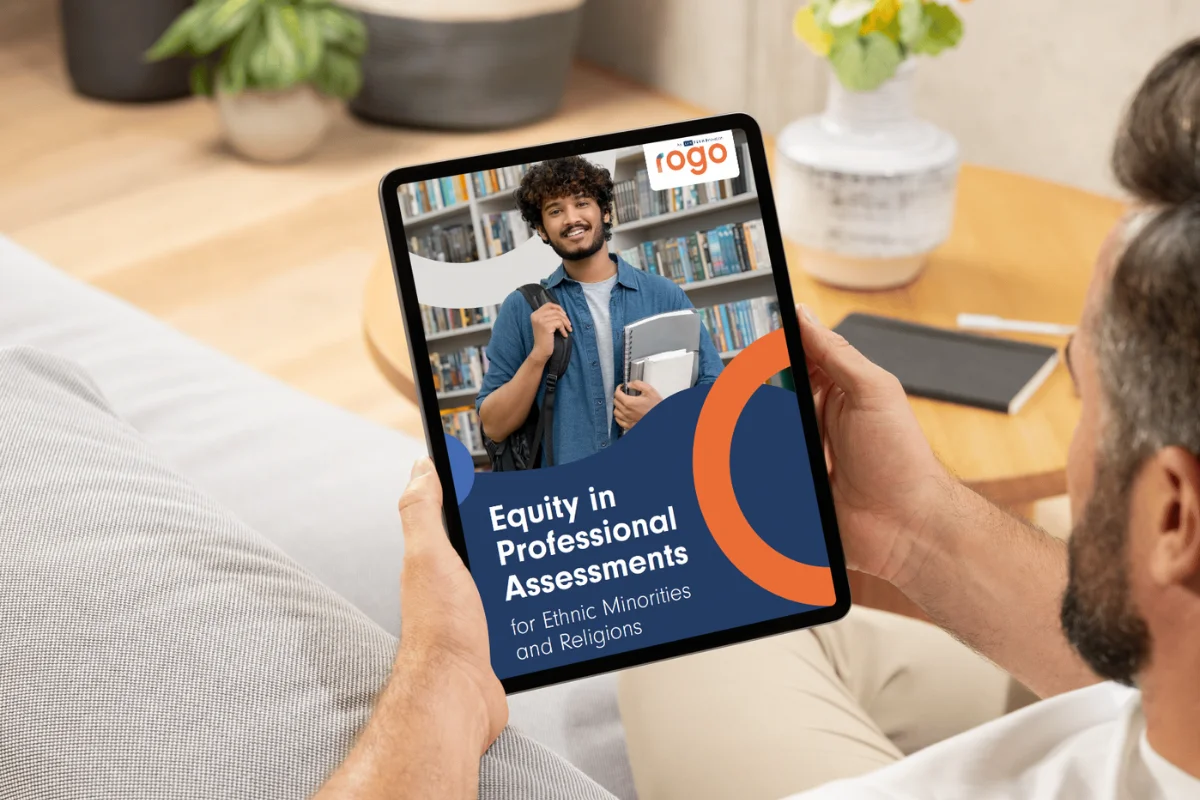
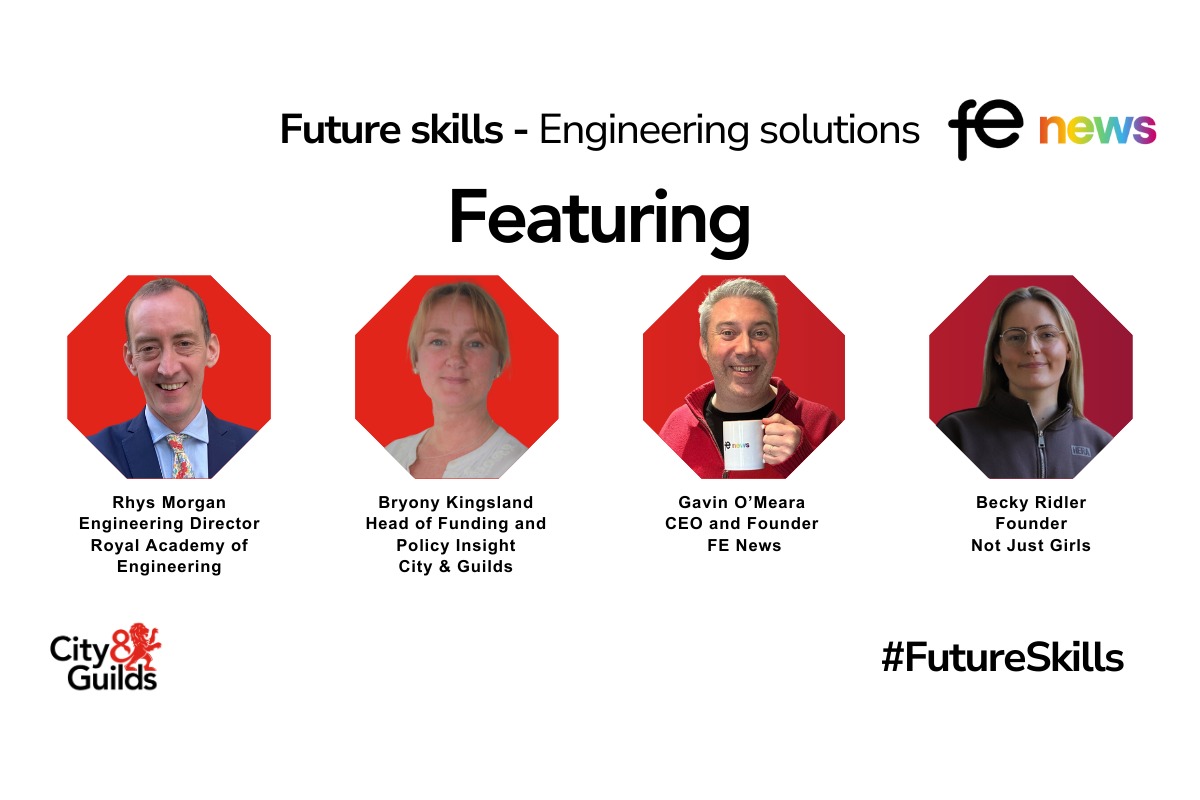
Responses